[This is a work in progress]
I am a person who loves to cycle.
I want more people to cycle. Cycling is quick. I cycle to town quite often. It takes about 7 minutes. It is often faster to get there than by a car. What? Well, although I don’t reach 70mph down the dual-carriage way, I simply lock my bicycle up when I get there and get my shopping. My effective speed on the bicycle is often faster than a car because of the time spent including congestion, at traffic lights and then looking for a space to park.
Cycling is a safe activity. However, every year, roughly 100 people on a bicycle do die. Five people die in a car – every day. The average rider would have to cycle 2,000,000 miles before facing serious injury. However 85,000 people die each year from conditions linked to a lack of physical activity. WHO recommends half an hour of moderate activity every day. Do you do this? As well as the personal health benefits that cycling offers, it is a nicer way to get around and is a more social act. When cycling, if I see someone I now I’m more inclined to stop and have a chat. With it estimated that any speed under 20mph allows eye contact, a driver isn’t likely to be social. Trying to look in, pedestrians cannot easily see who is in the car because of the UV filter, and often recognise the driver by the number plate or the colour and waves as it whizzes past. It is not that social being hidden in a individual metal pod on wheels.
After reading the above, you may feel that you might want to leave the car at home. It will be safer, and you’ll get some exercise. But you may still be hesitant about about cycling with all the dangerous traffic. You chose to walk instead. Don’t. The average number of people killed whilst walking on the pavement is 40. This figure is not whilst crossing the road but simply walking on the pavement. If you cycle normally and predictably, it is safe. Not only will you be safe but others will be too. You will not be pumping out exhaust emissions which seeping into the enclosed cabin of the car. Also, you will be very unlikely to hit any pedestrians. There is this untruth that regularly people are hit and killed by bicycles. It does happen but according to published UK government figures which come out every year there are usually no deaths. More people die on average per year due to bee and wasp stings.
I love the the bicycle but I do not believe it is the superior mode of transport. I welcome walking, cycling, driving, coaching, bussing, training or flying. Anything else? That too. Each way of transporting oneself has pros and cons to oneself and others.
My history
When I were younger, I had a nice mountain bike which I took great care of. I had it for years and years. There was so much sentimentality attached to this bike. Up until the age of 18, I’d sometimes (relatively rare compared to now) use it to go cycling around the town on the pavement. It wasn’t common to see cyclist on the road – well, at all. I never knew it was against the law to ride there as no police officer, or anyone ever stopped me. I was always, a considerate cyclist, and I still am.
When looking for potential universities, the University of Nottingham’s acres and acres of campus really appealed to me and after I successfully got in, I was certain that I was going to take my bicycle with me. Getting from A to B without a bike would have taken a long time.
After a month up with my yellow mountain bike, sadly some evil thief cut the padlock and stole it was stolen from Sainsbury’s in Beeston.
I used a couple of other mountain bike replacements for a year or so. They just weren’t the same. They were heavier. I was, of course grateful that it was a bicycle and I got to where I wanted quickly. I used it everyday and didn’t think about cleaning it. After extended use, as well as excessive oiling on my part, it collected a lot of dirt from the road and gradually became too sluggish.
In the long summer of 2013, I got my first road bicycle. And my love with road cycling stemmed from there.
I loved it as it was so much lighter and the smaller tyres meant less resistance. The dropped handlebars altered my position and made long distance cycling easier. Love, love, love. But another vicious thief stole it from campus whilst I was in a lecture in February 2014. Luckily it was covered on my uni room insurance and I was given a more expensive bicycle. I wasn’t thinking about what requirements to request and simply accepted the recommended Dawes Giro. It was quite heavy but it is robust and reliable.
I still have it now. As a consequence of the stolen bikes, I have now got a couple of super secure D locks which are very difficult to break. Also I alarm my bike with a padlock when I lock it up.
In August 2015, I purchased another bicycle. Using my Dawes constantly, it is prone to gather dirt and muck off the road and where I ride it in all weathers, the rain has rusted the chain and cogs slightly. My new bicycle is a Boardman Team Carbon. So light and beautiful. If there is even a cloud in the sky, I don’t use it. Haha. Slight exaggeration.
And now is now.
Here is my cycle graph from when I first purchased my Garmin in January 2015. This Garmin is used on both of my bicycles. It does not include distance cycled on the tandem, and on hire bicycles. As of writing this paragraph, it is June 2019, and I have a recorded cycle distance of 9,928.95 miles.
The count for:
2015 is 2,035 miles
2016 is 1,959 miles
2017 is 2,028 miles
2018 is 2,237 miles
2019 is 2,343 miles
2020 is 1,826 miles
2021 is 2,202 miles
2022 is 1,250 miles
2023 is 875 miles
Oh, and I got a tandem and unicycle a few years ago.
Reading
I read heavy and wide about cycling.
As well as reading many blog posts and articles, I recently (summer, 2017) read “The Bicycle Planning Book by Mike Hudson (1978).
And here is its conclusion:
I know I shouldn’t put these on but the summaries of each chapter are wonderful. I recommend the book as the heart of the content talks in great detail about the history of the bicycle, its usages, safety aspects, the law, and planning.
After the beginning of 2018, as Christmas presents from my Mum, I received “Roads were not built for cars” by Carlton Reid and “Bike Nation” by Peter Walker. Both books were wonderful reads.
——————
Useful
On another note, here is a video presented by Chris Boardman about how to safely overtake:
Here’s an interesting video about why cycling isn’t (yet) normal in London. I like the humour here.
Helmets
Everyone has an opinion on this. Even if someone has never cycled in their life, they will give you their view. I have been cycling for years and consider myself a competent cyclist. It’s up to you whether to heed my reasoning. It’s your head. If you chose not to wear one whilst walking down the street, whilst driving or being the passenger in a car, I also wouldn’t judge you.
I made the decision a few years ago not to wear a helmet. I used to religiously wear one. Even for a trip of less than a mile, I’d put that piece of plastic on my head. After reading a lot of literature, I came to realise I may have been lulling myself into a false sense of security, and importantly changing the perception of drivers around me. The latter point is the biggest here. If a driver looks at me in my protective head gear, and thinks that I am a cyclist, and overtakes me with a sliver of distance, and hits me, I don’t stand a chance. A car can weigh roughly 1.5 tonnes. But if a driver sees my naked head they may think oh, there’s a person I need to carefully manoeuvre their machine around him.
All cycle helmets need to abide by EU/BS regulation. I cannot remember the details off the top of my head (further research required) but it states that all helmets need to take a single impact from a height of 2 metres at a speed of 12 mph. And that is it. And if there were to be an impact, it is really unlikely to be a single impact hit. If rotational forces are involved, the helmet has diminishing effect.
I do not wear a helmet when I go for a walk or when I am a passenger in a car or on a bus. If I shouted at the passing traffic and told them to put a car helmet on, the occupants in their metal shells would laugh. But people on foot and in cars are injured and killed on a daily basis from head injuries. These could have been mitigated by a helmet protecting their head.
But if everyone wore a helmet, maybe motorists would take more risks knowing that the military-clad walkers and fellow passengers are ready for action.
The debate is complicated and complex and I haven’t done it justice here. When I have more time I will reference some sources. But for now, I direct you to a video I produced a few years ago on the subject. It was meant to be short and snappy and it ended up so very long. But hey.
Here’s an interesting piece: Cycle Helmets: A Duty to Wear? by Martin Porter QC
Rickshaws
I support them. Never rode in one but may do one day. Great way to get about. Good for the environment! I believe they need regulating to control the prices. Have you heard the story about one rickshaw rider who charged a fortune for a few miles? Also regulation will ensure there is a degree of responsibility.
Is the General Secretary of the LTDA a joke representative? People don’t tip up and fall out of them. “The problem is you can’t licence a vehicle which is inherently dangerous”. But don’t taxis have a licence? The pollution produced by motorised vehicles is too high. It’s dangerous. It kills.
In central London, with average traffic speeds of around 10 mph, having rickshaws really isn’t a problem. Rather than allowing more and more private vehicles and private hires to fill the streets of London, a more sustainable approach needs to be found. This provides an opportunity to have a green mode of transport, and a pleasing way for tourist to explore the city.
Northamptonshire Police
Northamptonshire Police’s action on close passes has generally not been good. If someone was walking along with a hammer and swinging it scarily close to people people, they would be dealt with – at the very least for their anti-social action. There is their likelihood of causing injury or death. But if someone is driving a vehicle, they sometimes can get away with murder, close passes, class calls, intimidation or anti-social acts. I have to state that I have had some real success stories. There are a few officers who had dealt with the close pass swiftly. I have had quite a few others completely dismissed though. Interesting development. Back on 2nd February 2018 I saw this on Twitter and tweeted back. Hopefully PC Mike will help improve Northamptonshire Police’s attitude towards cyclists.
In 2018, Northamptonshire Police launched Operation Close Pass. Through a lot of media hype, there was at least one instance of the police pulling over drivers who close passed and informed them of the required distance to be a safe and competent driver. I hope that this was bring all their responses in line and each case would be correctly be dealt with. However, so far this has not been the case.
In 2019, Northamptonshire Police launched Operation Snap. The idea is that if you witness and record footage of a road traffic offence it can be uploaded to the website and along with a witness statement, and then submitted to an officer for review. I can imagine that this is overall improving the roads as it is educating or removing careless or dangerous drivers. However, note that I say “imagine”. The angle I am approaching this from Close Passes. If I report someone close passing, it is because they have overtook me without sufficient space. Their manoeuvre has been careless or dangerous and warrants some kind of response. At present, the police have decided to place a blanket ban on letting anyone know the outcome on the person they have reported through this system. Apparently I am a witness and not a victim. Prior to the launch of Operation Snap I would receive updates on how the offence was dealt with; mainly by education as the driver would receive a letter. I know the MET Police offer those who submit footage an outcome and I wonder why Northants Police cannot do this as well. The resources to have someone individually write up a full blown response may not stretch that far in the shire but it is not impossible to have a template to send informing whether no active was taken, a letter educating the driver has been sent, a fine, or points given.
I have seen a few clips and films on YouTube which I thought I would embed here:
Love this:
Big fan of Chris Boardman. The other parts of this are on the channel:
I am not into mountain biking but really enjoyed this documentary:
Links to elsewhere . . .
Cyclists reveals their filthy face masks after commuting in London. This is what the lungs put up with. Not everywhere is as polluted as some parts of London but just think about that for a minute. Is that ok?
Yes to this news. London approves Europe’s First City-Spanning Bike Superhighway. Segregated cycling! Showing how it is done.
Cycling UK has recently called for greater public awareness into “dooring”. This is a criminal offence under Regulation 105 of the Road Vehicles (Construction and Use) Regulations 1986 and Section 42 Road Traffic Act 1988. Dooring, or car door refers to the act of opening a vehicle door without consideration of those around you and under these mentioned regulation and act it is punishable. At the moment, only by a fine of up to £1,000. This needs to be changed. The following video is an example of the completely fine process of a bicycle filtering through traffic and a passenger opening their door:
UPDATE: 14th January 2021. After years of saying I would, I am soon going to sort these statistic information pages out. Well, not right now. Haha. Until I do, for public and easy access here are some useful tweets and information. A few of us are trying to get Northants Police to feedback on submitted dashcam / cycle cam footage in order to increase the likelihood of submissions in the first place and for the knowledge that positive action has been taken to penalise dangerous drivers and make our roads safer.
I have been tweeting and tweeting the roads policing team and the Chief Constable. After going on and on about it, PC Lee replied that it won’t be changed and promised overall statistics. These never came until I had to ask for them and then he replied with this.
We received 56 submissions in May. 23 of which were actioned and 33 were no further actioned (NFA). Varying reasons as to why from poor quality footage through to no offences being identified. ??
— Pc Lee – Safer Roads Team (@Northants_RPU) July 2, 2020
And finally, it was agreed that the process would change.
Here’s an article I wrote towards the end of last year.

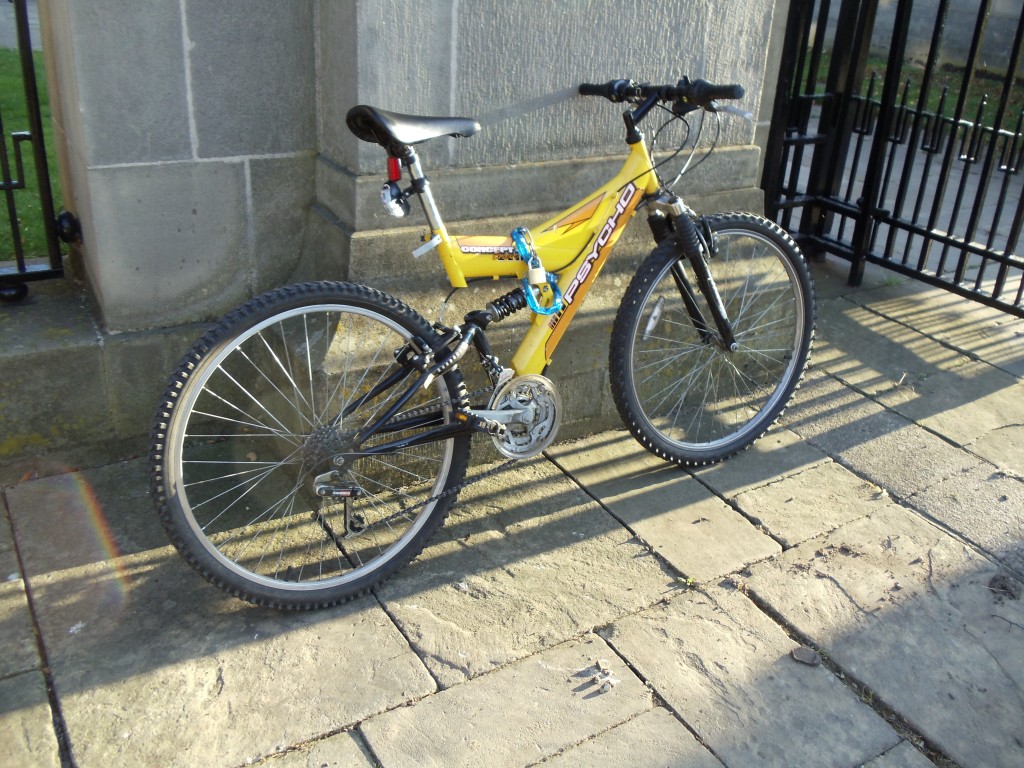
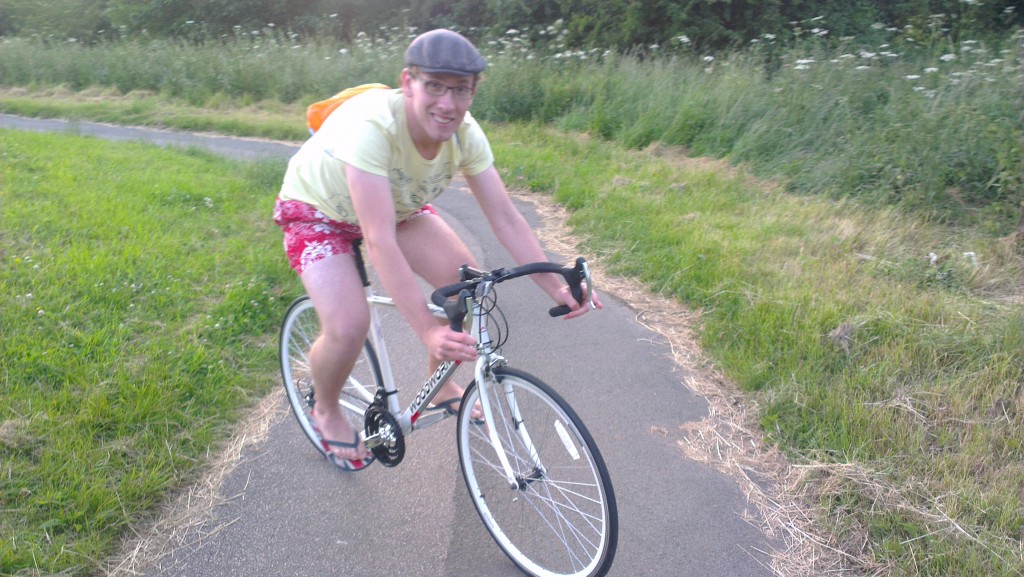
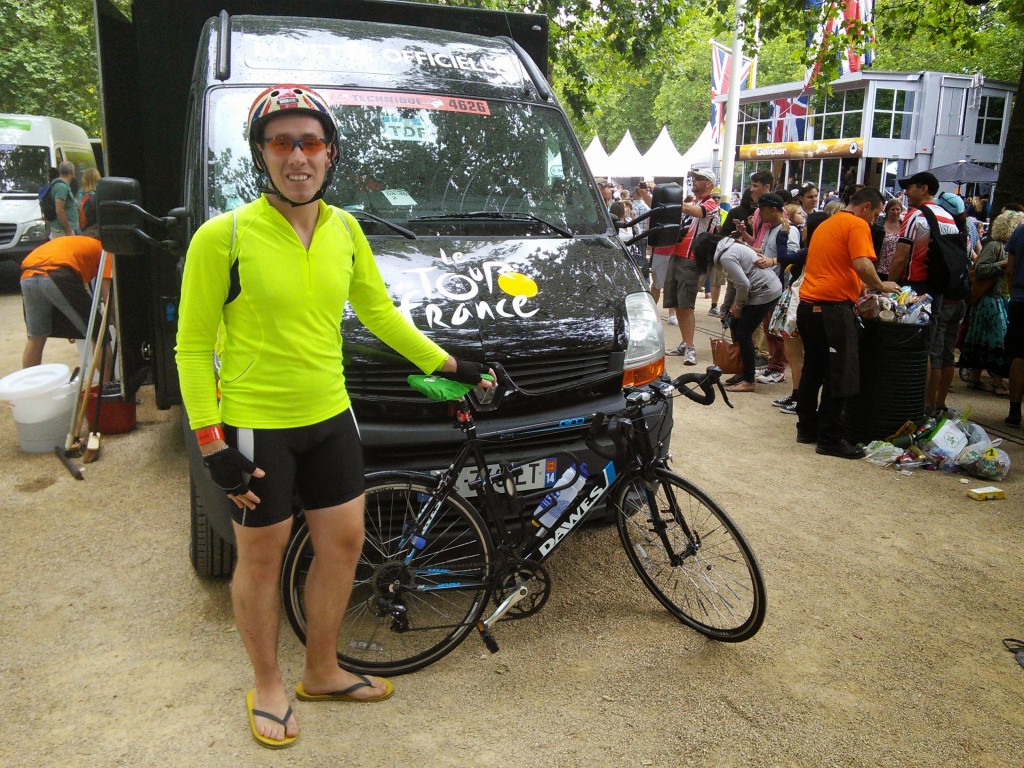
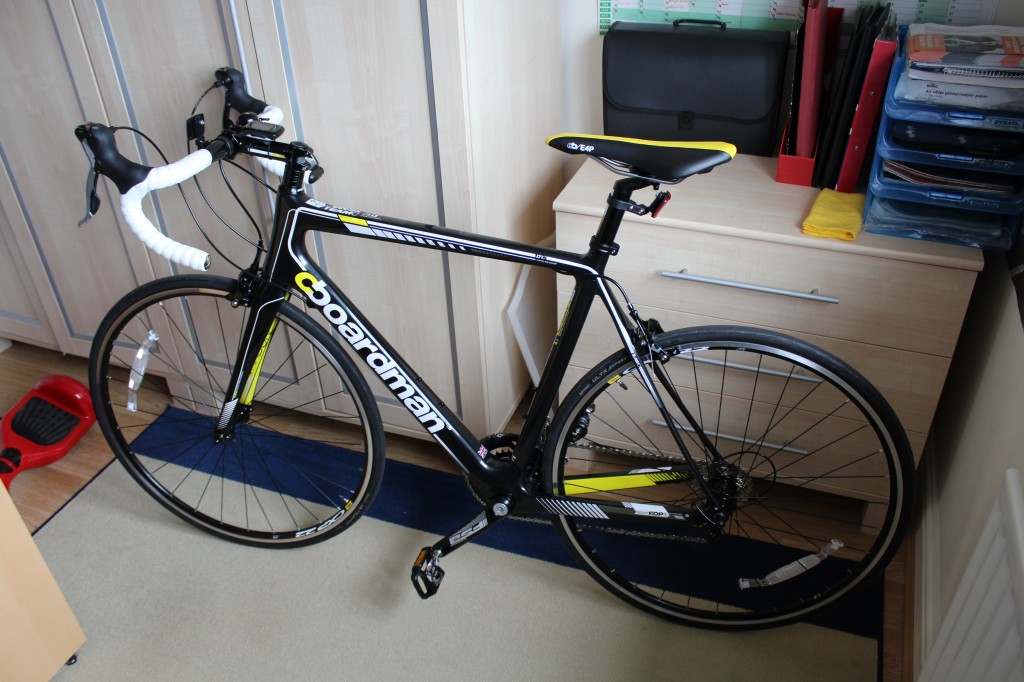


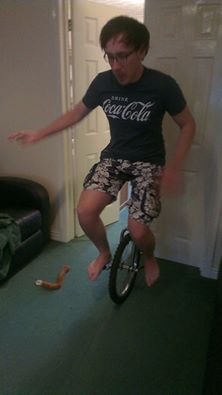
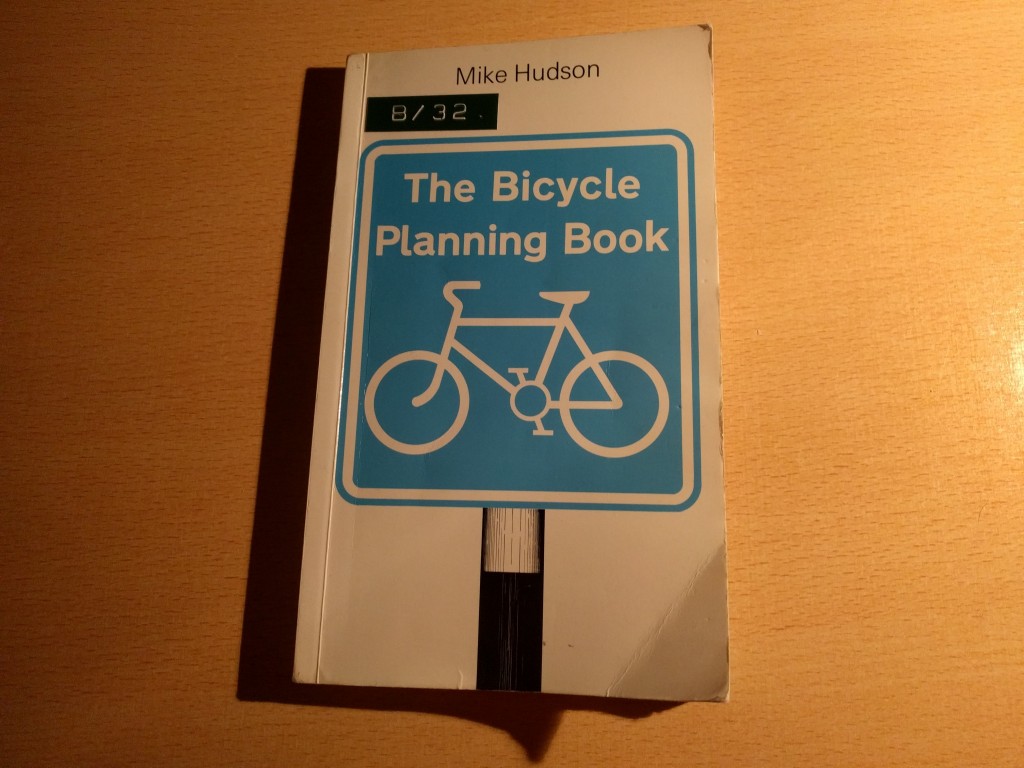
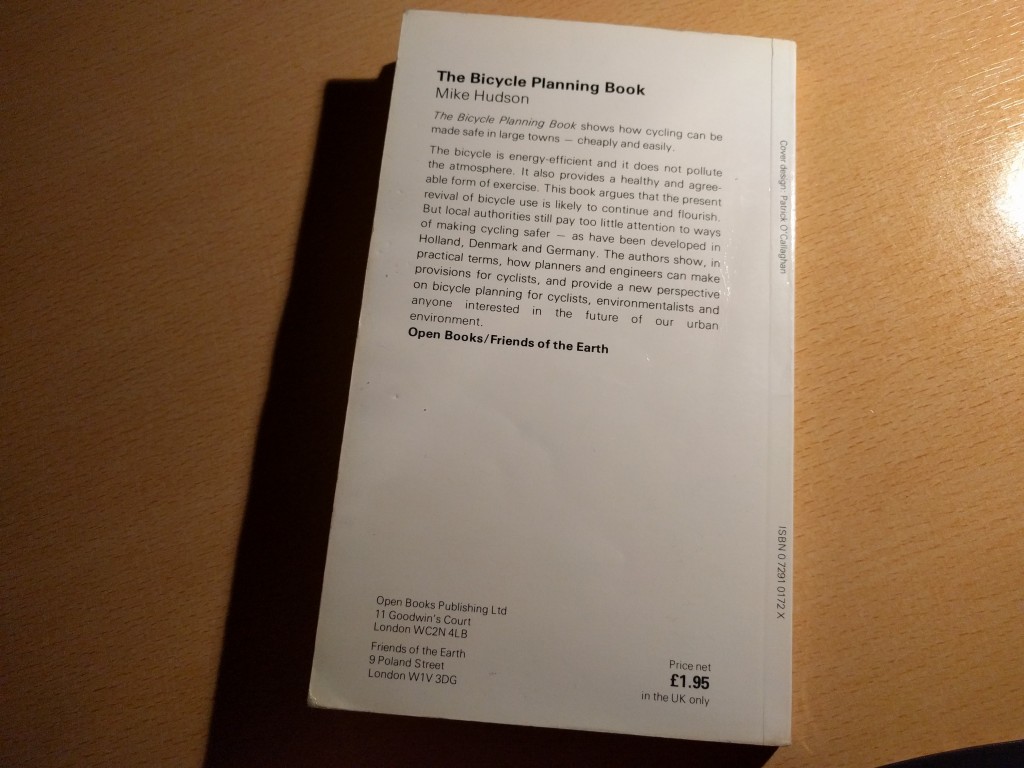
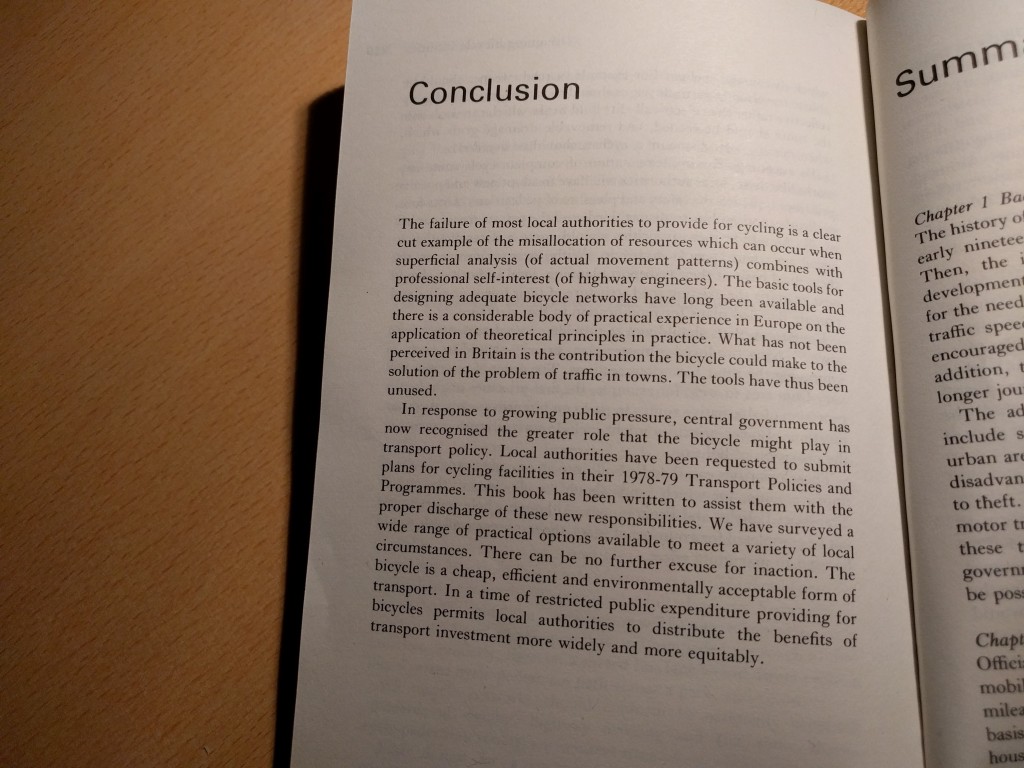
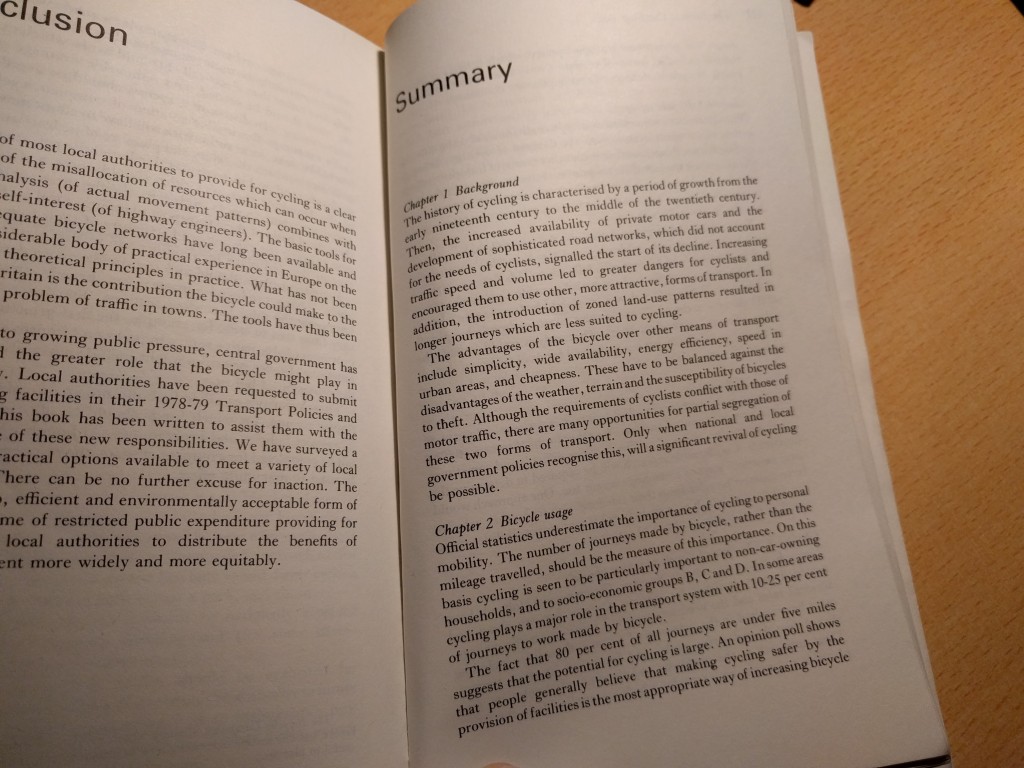
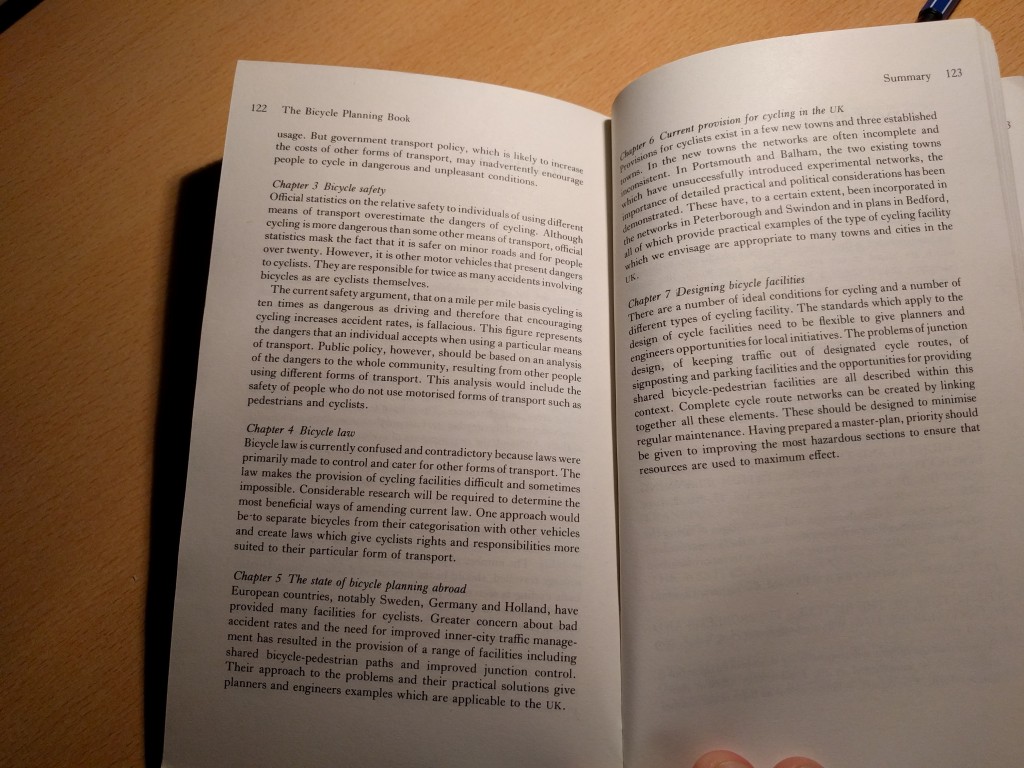


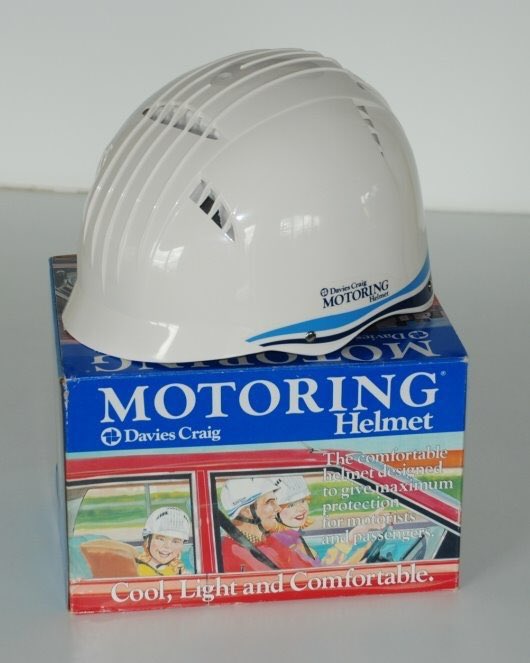
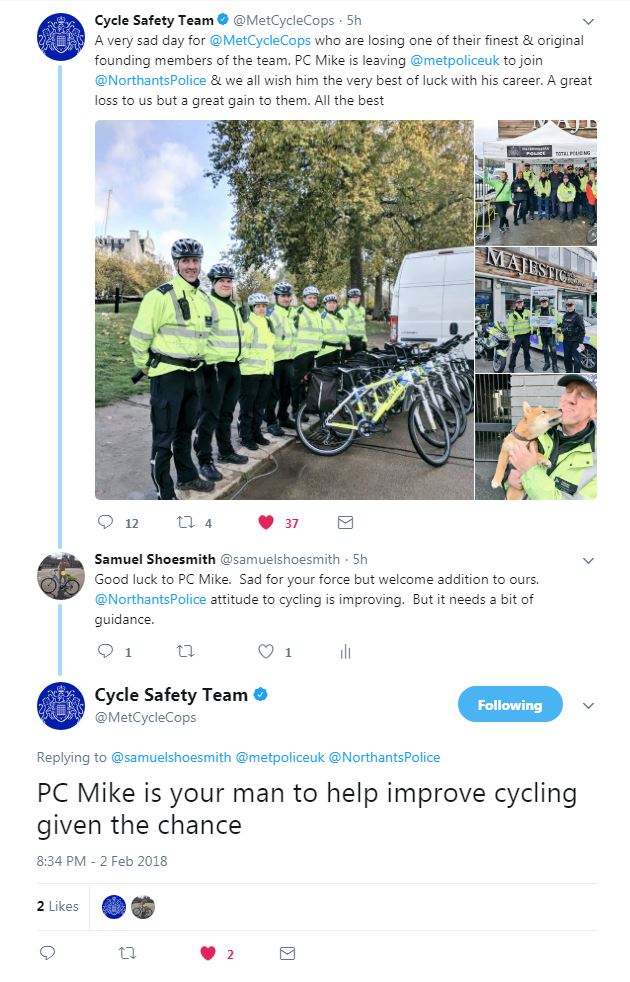
Hello Samuel – sorry to trouble you – I don’t suppose you’re in Wellingborough today? My name is Orla – I’m with BBC News Online.Could do with your expertise!